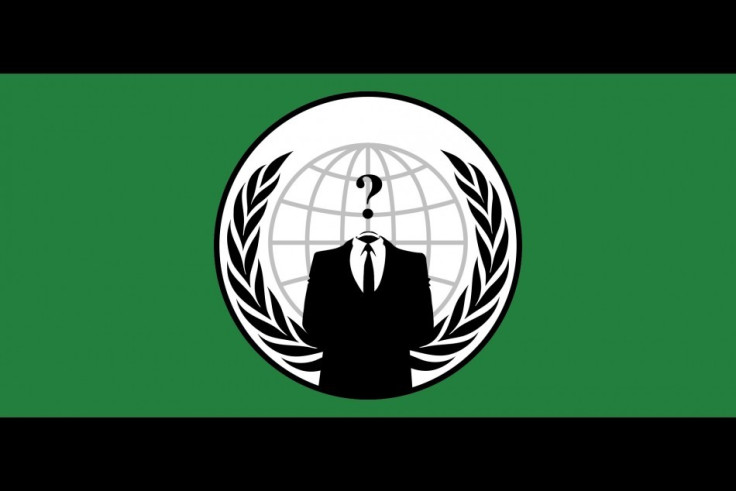Anonymous Wages Cyber War in South America

While this year will be remembered as the year of the hacktivist, it was in South America that cyber activists sprang up to protest against human rights violations, corruption and restrictions on internet freedoms.
Although the international internet collective Anonymous achieved renown for its attacks on Scientology, the application of legal procedures and big banks, its operations were more overtly political in Latin America, where it raised public awareness of crucial issues, such as the manipulation of information, the murders of bloggers and journalists by drug cartels and freedom of expression.
Cyber crime has been prevalent in Latin America since the birth of the World Wide Web. But the proliferation of computers and online access in the region, which has grown more than 1,000 percent over the past decade, according to the Miami Herald, has led to a surge in South American cyber activism.
Taking their lead from online groups in Europe and the United States, home-grown Latin American hackers have adopted the use of kits that used to be the preserve of computer programmers, as groups affiliated with Anonymous have sprung up in Colombia, Chile, Ecuador, Venezuela and Brazil.
Following Amnesty International's criticism of El Salvador for its abuse of anti-terrorism laws and the operation of police death squads, a group affiliated with Anonymous recently disabled a number of government websites in the country to demonstrate against the its poor human rights record.
The attacks were part of Operation Justice El Salvador, launched by Anonymous to target official sites, including that the president, which was taken offline after receiving 30 million hits.
In June, Anonymous launched Operacion Andes Libre - joint cyber attacks against the governments of Chile and Peru for violating the rights of internet users by monitoring blogs and social media, as well as tracking users' opinions and locations.
Several Brazilian government websites were also taken down in June in a campaign led by LulzSecBrazil, a branch of Anonymous. Although the Brazilian government said the sites were offline only for a few hours, the attack had been announced in advance by LulzSec, which also criticised the Brazilian government's manipulation of information. In a video, the group called on the South American country to be more transparent and less corrupt.
Earlier in the year, Venezuela and Nicaragua were targeted for their support of the late Libyan leader Muammar Gaddafi.
2011 The Year of the Hacktivist: When Anonymous Finally Grew-Up
Anonymous then launched an attack of "spam bombs" on about 250 Colombian police officials in July .
In a pattern that has become regular with most hacker groups, the attackers went on to post a statement of intent, which contained personal data on National Police employees.
In Ecuador, Operation Condor, a name coopted from the military regime of the 1970s, was responsible for an attack against the government of Ecuador while President Rafael Correa held a speech in the congress.
With the hasthag #OPCondorLibre, the group aimed to raise awareness of "attacks on freedom of expression undertaken by the government of Ecuador".
In Mexico, Anonymous launched OpCartel last month with a YouTube video in response to the alleged kidnapping of one of its members by a drug cartel near Veracruz stadium.
The operation, which initially aimed to take down the cartel, was later called off after the blogger was released and a victory was claimed over Los Zetas, one of the most violent cartels in Mexico.
The hacking group then shifted its focus from the drug cartel to the Mexican government, calling on the wider Anonymous community to attack government agencies.
© Copyright IBTimes 2025. All rights reserved.






















